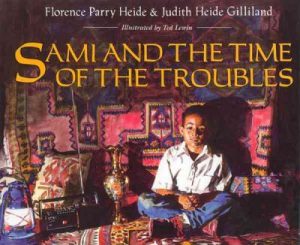 A ten-year-old Lebanese boy balances his life in a war-torn city.
A ten-year-old Lebanese boy balances his life in a war-torn city.
This book has been included in WOW’s Kids Taking Action Booklist. For our current list, visit our Boolist page under Resources in the green navigation bar.
 A ten-year-old Lebanese boy balances his life in a war-torn city.
A ten-year-old Lebanese boy balances his life in a war-torn city.
This book has been included in WOW’s Kids Taking Action Booklist. For our current list, visit our Boolist page under Resources in the green navigation bar.

“My Arabic Words Book” presents an illustrated book featuring an Arabic word for each of the twenty eight letters of the alphabet, presented in Arabic script and transliterated Roman script along with the English translation.
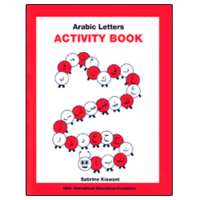
Provides further exercises in learning the shapes and sounds of Arabic letters. Students also learn to group, match, color, analyze, and synthesize as they progress through the well tested and beautifully presented activities. The activities instill independent learning.

To understand a people, acquaint yourself with their proverbs’ runs an Arab adage, and here are the books that do just that. The popular Apricots Tomorrow, a selection of sayings from the Gulf region, is joined by sister titles The Son of a Duck is a Floater and Unload your own Donkey which draws on sayings from the Maghreb and Levant. Paralleling age-old Arabic sayings with English equivalents, the proverbs highlight the uncanny similarity of inherited wisdom in both East and West.
This book has been featured in our Middle East and South Asia Arabic Language and Culture Kit.
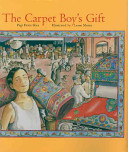
Yearning for freedom and schooling for himself and the other children who toil in a carpet factory in Pakistan to repay loans from the factory owner to their parents, Nadeem is inspired by a former carpet boy named Iqbal Masih to lead the way.
This book has been included in WOW’s Kids Taking Action Booklist. For our current list, visit our Boolist page under Resources in the green navigation bar.

A collection of eight stories, most previously published in other anthologies, about what it is like to grow up in the Middle East today.
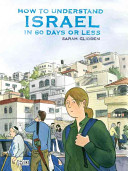
When Sarah Glidden took a “Birthright Israel” tour, she thought she knew what she was getting herself into. But when she got to Israel, she found that things weren’t quite so simple. HOW TO UNDERSTAND ISRAEL is Sarah’s memoir not only of her Israeli government sponsored trip through Tel Aviv, Jerusalem, the Golan Heights, Masada and other famous locations, but of the emotional journey she never expected to take while she was there. Her experience clashes with her preconceived notions again and again, particularly when she tries to take a non-chaperoned trip into the West Bank. Sarah is forced to question first her political beliefs and, ultimately, her own sense of identity, until she finds that to understand Israel she first must come to understand herself.
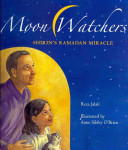
Looking through the tall trees in their backyard in Maine, Shirin and her dad search for a glimpse of the new moon, the sign that the month of Ramadan has begun. Ramadan is a time when Muslims around the world pray, fast, and pay special attention to doing good deeds. Shirin is nine and thinks she should be able to fast like her older brother Ali, but her parents feel she is still too young to go without food and water all day. When Shirin catches Ali sneaking food after school, she wonders: Should she tattle or is this an opportunity for a good deed? Shirin feels left out when the others break their fasts to have their own meals after dark and in the early morning, before it is light again. But then her grandmother tells a story that shows her a way she can feel more a part of Ramadan and the traditions and closeness her family enjoys during this special month of the year. Her good deeds result in a surprise for everyone.
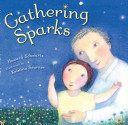
A grandfather introduces his grandson to the Jewish tradition of tikkun olam, a centuries-old concept which proposes that everyone must do their part in order to improve the world.
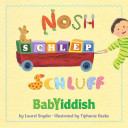
Learning—and using—Yiddish is fun for the whole family, from the youngest mamaleh to the oldest bubbe and zaideh. Introduced to America as the mother tongue of millions of Jewish immigrants, Yiddish has made its way into everyday English. The sprightly, rhyming text follows a toddler through a busy day and is peppered from beginning to end with Yiddish words. Oy!—will everybody kvell when they hear their little ones spouting words from this most expressive of languages.